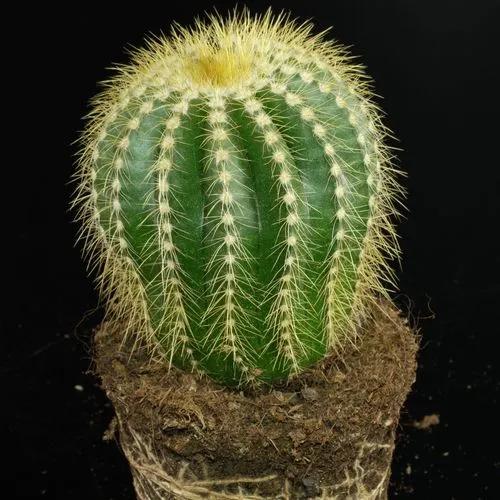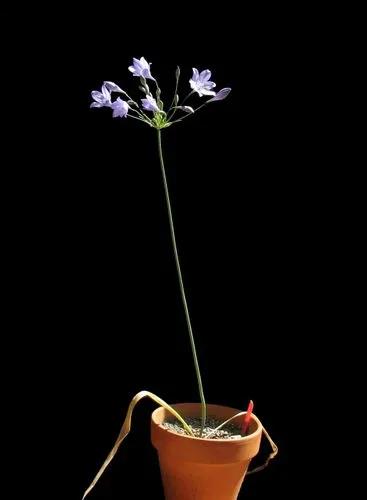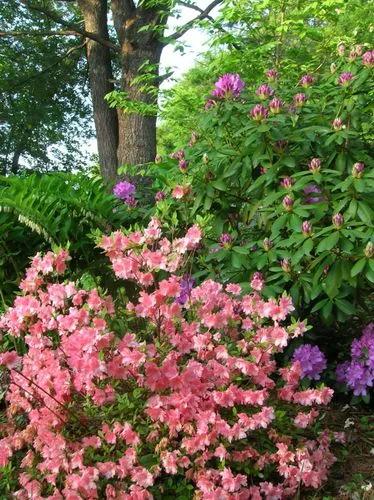Glechoma hederacea is an evergreen Perennial growing to 0.2 m (0ft 8in) by 1 m (3ft 3in) at a fast rate.It is not frost tender. It is in leaf all year, in flower from March to May. The species is hermaphrodite (has both male and female organs) and is pollinated by Bees.It is noted for attracting wildlife.
Gill Over The Ground Care
Glechoma Hederacea



How to Care for the Plant

Water

creeping charlie, ground ivy or gill-over-the-ground (glechoma hederacea) creeping charlie (glechoma hederacea) was brought to the united states likely for food and medicinal reasons. it can form dense carpet-like mats that displace other ground plant cover. it can take over disturbed areas and is considered weedy in urban gardens and turf lawns.

Pruning

It is important because damaged leaves and stems can actually be an energy drain on your plant. By removing those dead parts, you're taking some of that work off your plant’s plate and allowing it to divert its energy into healthy leaves and new growth!

Fertilizer

An organic, balanced, liquid fertilizer once a month during growth period is recommended.

Sunlight

Needs 12-18 hours of indirect sunlight.

Soil

The ideal blend of soil for plant growth is called loam. Often referred to as topsoil or black dirt by landscape companies, loam is a mixture of sand, clay, and silt.

Temperature

Lowest Temperature:-20° to -10°F (-29° to -23°C)

Container

Increase pot size by 2.5-5 cm (1 to 2 inches) in diameter for plants that are growing in pots 25.4 cm (10 inches) in diameter or less. For larger plants, those growing in pots greater than 10 inches in diameter, increase the pot size by 5 or 7.62 cm (2 or 3 inches) in diameter.

Additional

A report in the medicinal uses says the plant should be used with caution, no reason is given. Another report says that the plant might be toxic to horses[222]. Avoid if pregnant as abortifacient. Contraindicated in epilepsy. Avoid if kidney disease

Popularity

2,676 people already have this plant 489 people have added this plant to their wishlists
Discover more plants with the list below
Popular articles






